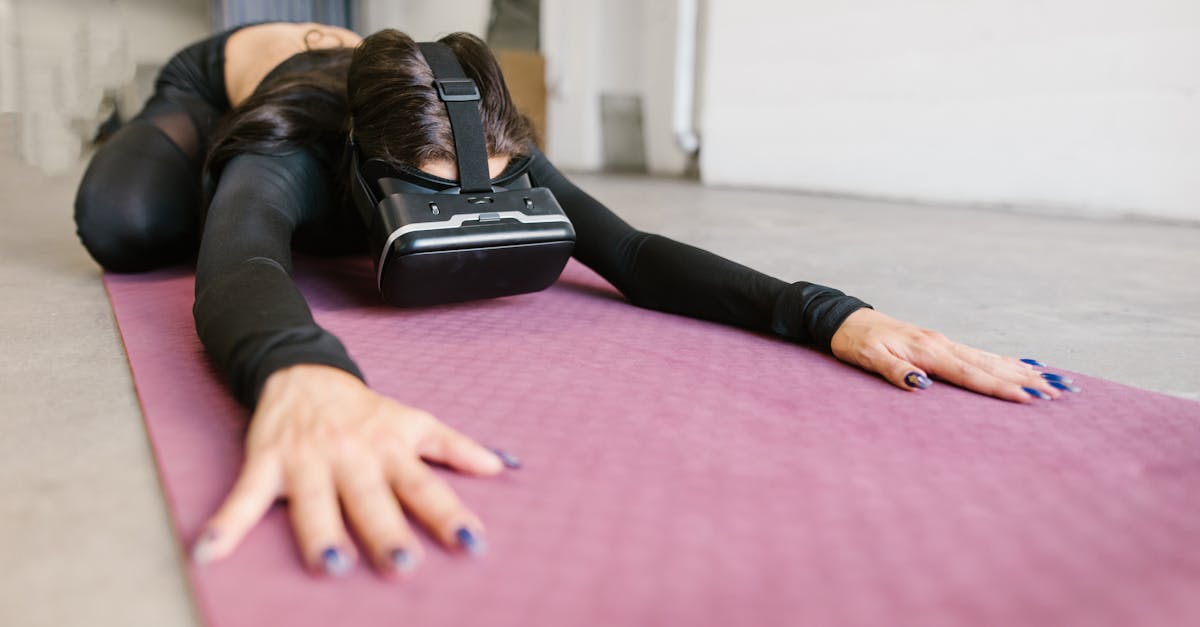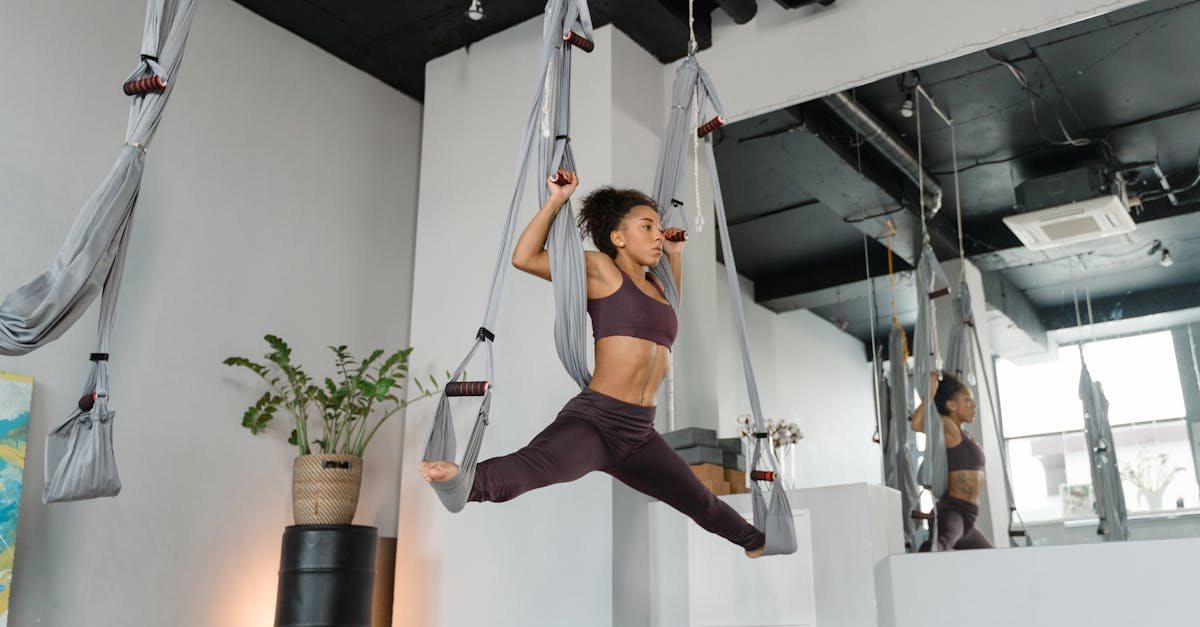
Learning Basic Poses
When starting your journey into yoga, familiarizing yourself with basic poses is essential. These foundational postures build strength, flexibility, and balance. Many yoga classes for beginners focus on teaching these essential poses to ensure students grasp their correct alignment and mechanics. Popular poses like Downward Dog, Mountain Pose, and Child’s Pose help set the groundwork for a more advanced practice.
Attending yoga classes can provide guidance from certified instructors who can help adjust your form and offer modifications. This personalized attention is invaluable, especially when attempting to master fundamental poses. Practicing these basics regularly helps develop a deeper connection to your body and prepares you for more complex movements in the future.
Foundational Poses Every Beginner Should Know
Understanding foundational poses is essential for anyone new to yoga. These basic postures form the groundwork for more advanced practices and help build strength, balance, and flexibility. Common poses to begin with include Downward Facing Dog, Mountain Pose, and Child’s Pose. Practicing these positions regularly will enhance your confidence and comfort as you explore the vast world of yoga.
Many beginners find it beneficial to join yoga classes, where experienced instructors guide them through these foundational poses. Classes often provide a supportive environment that fosters learning and growth. In addition, being part of a community can motivate you to develop a consistent practice, allowing you to better connect with the fundamentals of yoga.
Establishing a Routine
Creating a consistent yoga practice is essential for developing both strength and flexibility. Start by setting a specific time each day dedicated to yoga. This could be early in the morning or later in the evening, depending on your schedule. Consistency is key. Even short sessions can be beneficial. Gradually increase the duration and complexity of your practice as you become more comfortable.
Consider joining Yoga Classes to enhance your experience. These classes provide structure and guidance from an experienced instructor. Additionally, the community aspect can motivate you to maintain your routine. Look for classes that fit your skill level and availability. Engaging with others in a class setting can also deepen your understanding of poses and techniques.
How to Incorporate Yoga into Your Daily Life
Incorporating yoga into your daily life doesn't have to be complicated. A great starting point is to set aside specific times each week for yoga classes. Whether you choose an online program or a local studio, regular attendance can help establish a routine. Consider scheduling your classes around times when you typically have fewer commitments. This consistency makes it easier to develop the habit of practicing.
In addition to attending yoga classes, try to weave shorter sessions into your day. Simple stretches or breathing exercises can be done in the morning to energize you or in the evening to unwind. Practicing for just a few minutes throughout the day can enhance your overall well-being. Using breaks during work or while waiting for tasks can also provide opportunities to reconnect with your breath and body. Each small effort contributes to a more balanced and mindful lifestyle.
Understanding Yoga Philosophy
Yoga philosophy extends far beyond physical practice, emphasizing a holistic approach to well-being. At its core, it combines elements of mindfulness, ethics, and personal growth. Many people gain insights into these concepts through yoga classes, where instructors often incorporate discussions about the tradition's underlying principles. Understanding ideas such as ahimsa (non-violence) and satya (truthfulness) can enrich your practice and foster a deeper connection to both yourself and the world around you.
The philosophy encourages practitioners to explore their inner selves and cultivate awareness. This journey often leads to a greater sense of peace and clarity, making it easier to navigate life's challenges. Engaging with these philosophical aspects during yoga classes can help beginners grasp the full scope of what yoga offers. As students delve deeper into these teachings, they often find that the practice can transform their lives in unexpected ways.
Key Concepts Behind Yoga Practice
Yoga is rooted in a rich tapestry of philosophy that extends beyond physical postures. Key concepts include mindfulness, breath control, and the pursuit of balance. Practitioners learn to cultivate awareness in each movement and breathe deeply to enhance their experience. This foundational understanding not only enriches the practice but can also lead to a deeper connection between mind and body during Yoga Classes.
Another essential aspect of yoga philosophy involves the principle of non-attachment or non-striving. This encourages practitioners to release expectations and judgments about their practice and themselves. Emphasizing self-acceptance allows individuals to enjoy the journey of yoga more fully. Yoga Classes often incorporate discussions on these philosophical concepts, which help deepen personal growth and understanding of the practice.
FAQS
What are the basic poses I should learn as a beginner in yoga?
As a beginner, you should focus on foundational poses such as Downward Dog, Mountain Pose, Child’s Pose, Warrior I and II, and Cat-Cow. These poses help build strength, flexibility, and balance.
How can I incorporate yoga into my daily routine?
To incorporate yoga into your daily life, set aside a specific time each day for practice, even if it’s just 10-15 minutes. You can also try integrating stretches during breaks at work or practicing a few poses in the morning or before bed.
Do I need to understand yoga philosophy before starting?
While understanding yoga philosophy can enhance your practice, it is not necessary to start. You can begin with the physical aspect of yoga and gradually explore the philosophical concepts as you progress.
What should I wear for my first yoga class?
Wear comfortable, stretchy clothing that allows for easy movement. Opt for moisture-wicking fabrics if you tend to sweat. It's also good to have a yoga mat for better grip and support.
Can I practice yoga at home, or should I attend a class?
You can practice yoga at home, especially with the wealth of online resources available. However, attending a class can be beneficial for beginners to receive guidance, adjustments, and support from an instructor.
